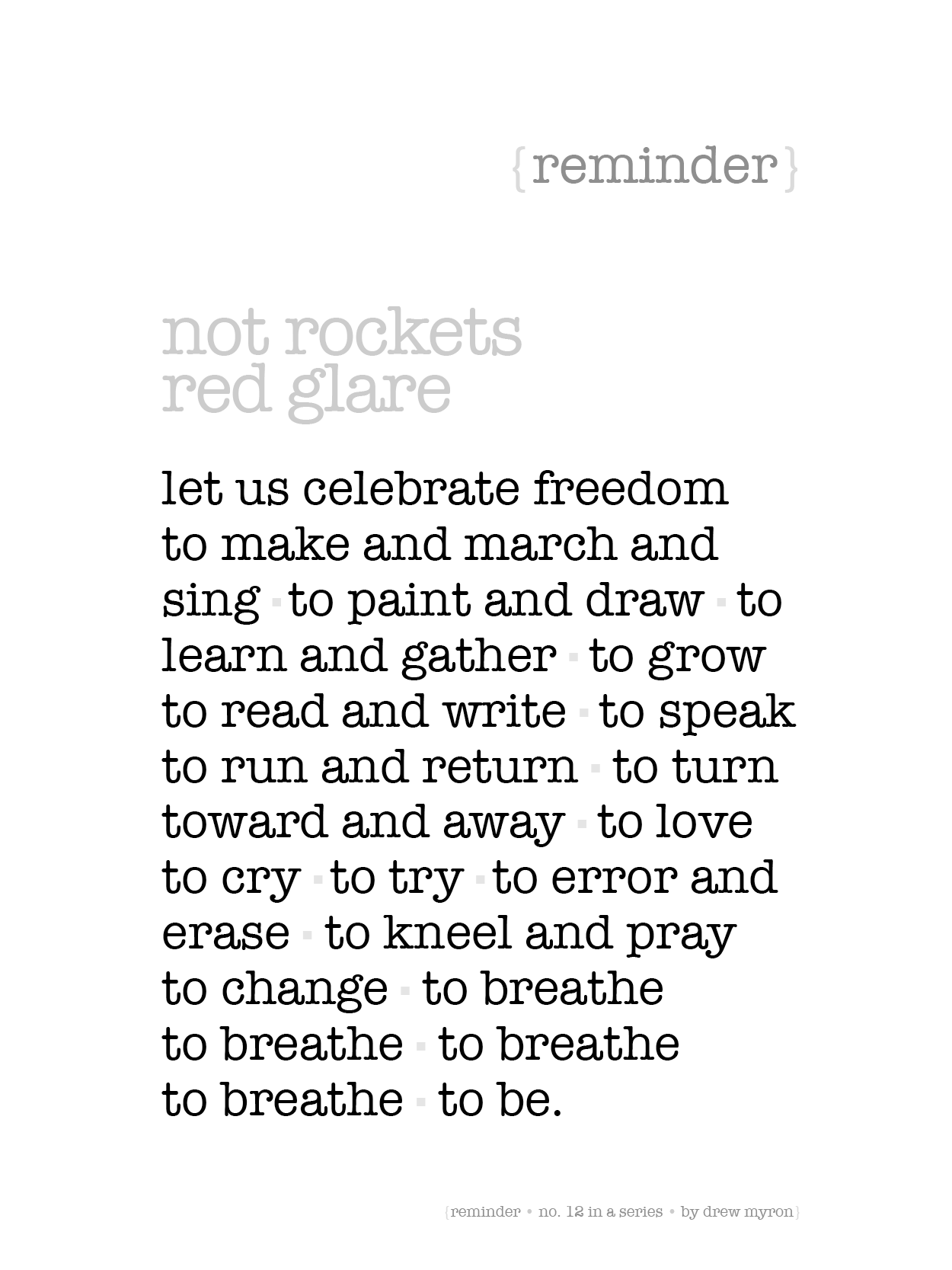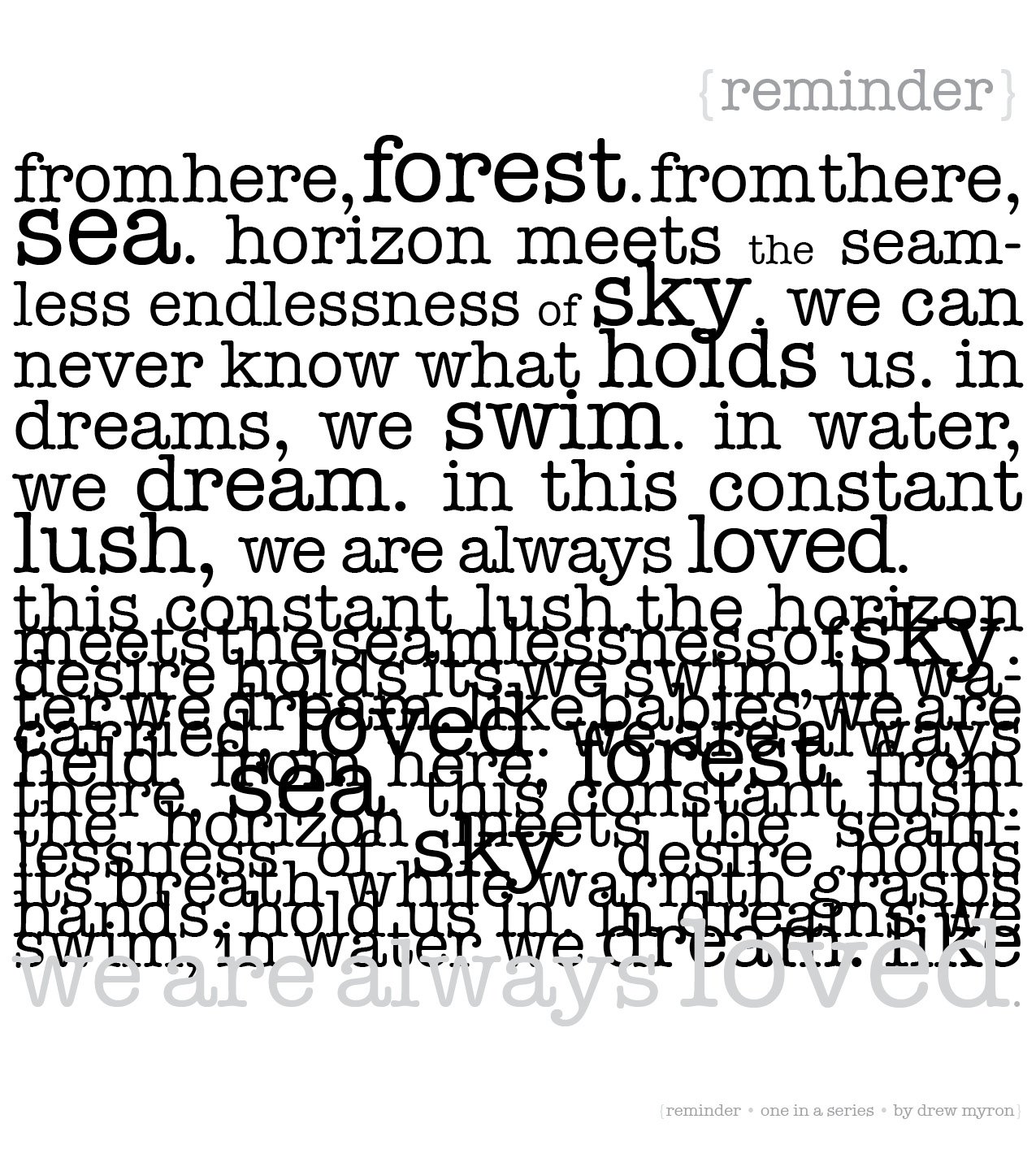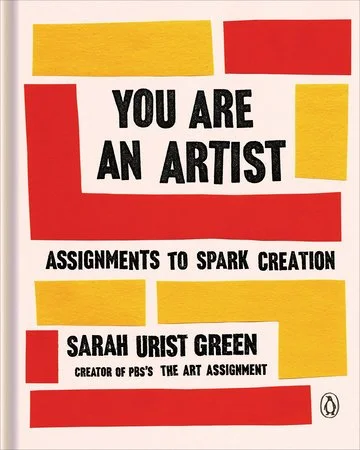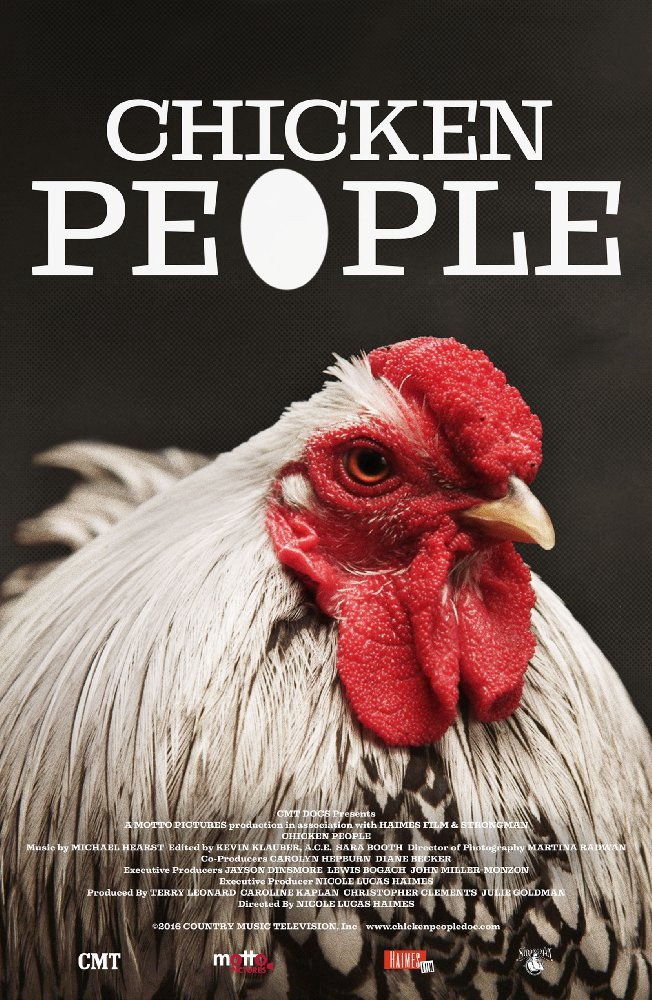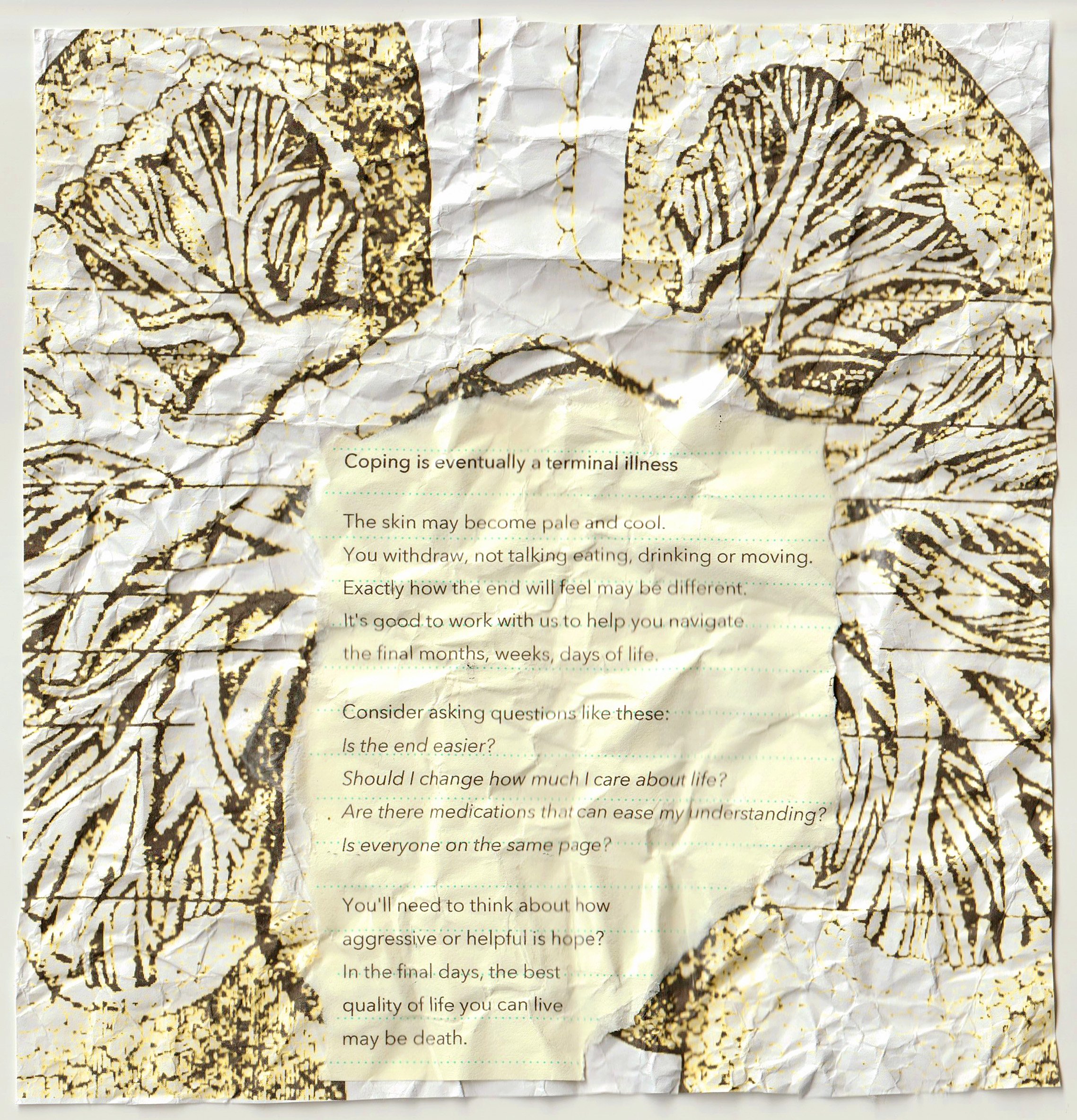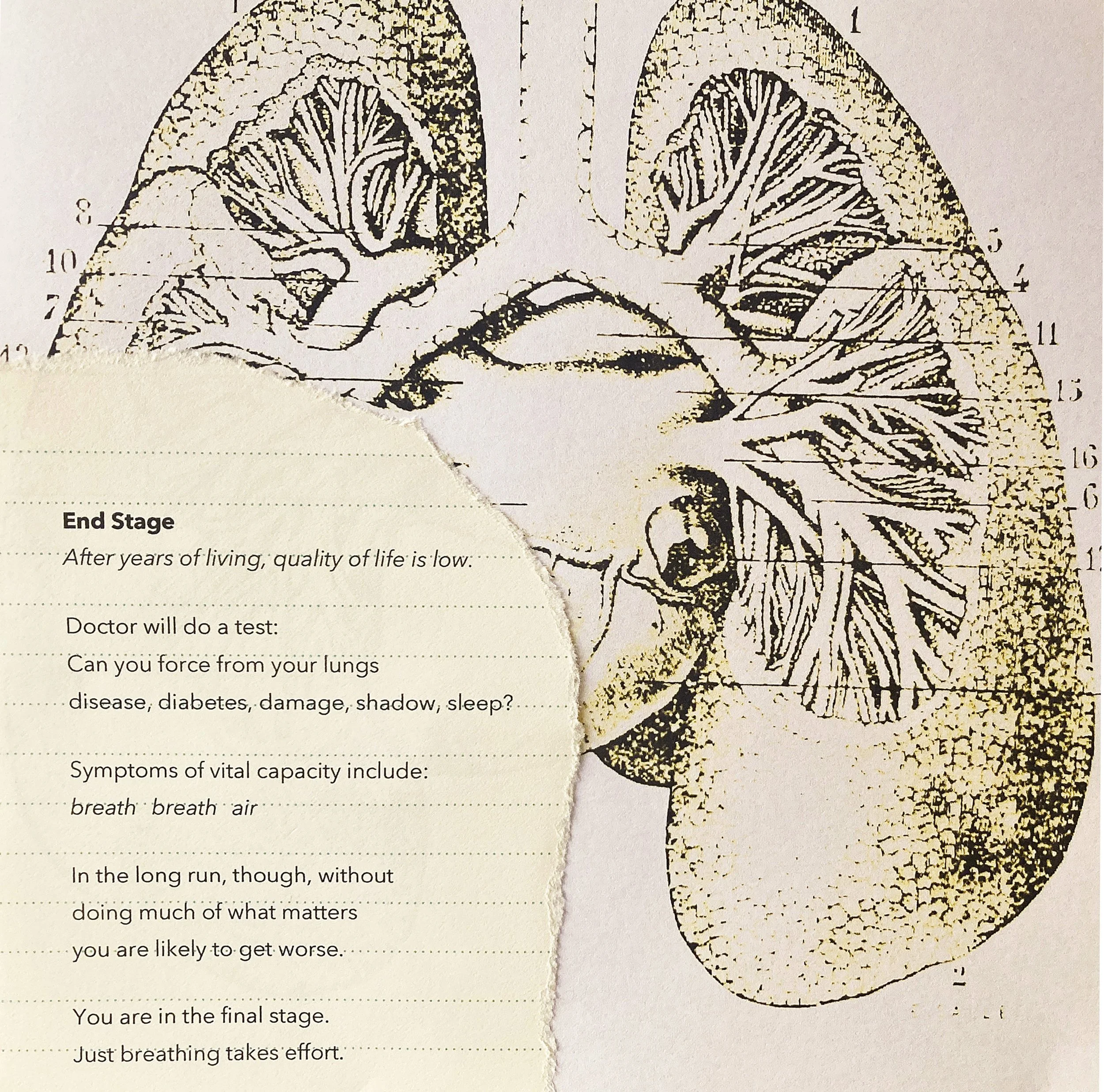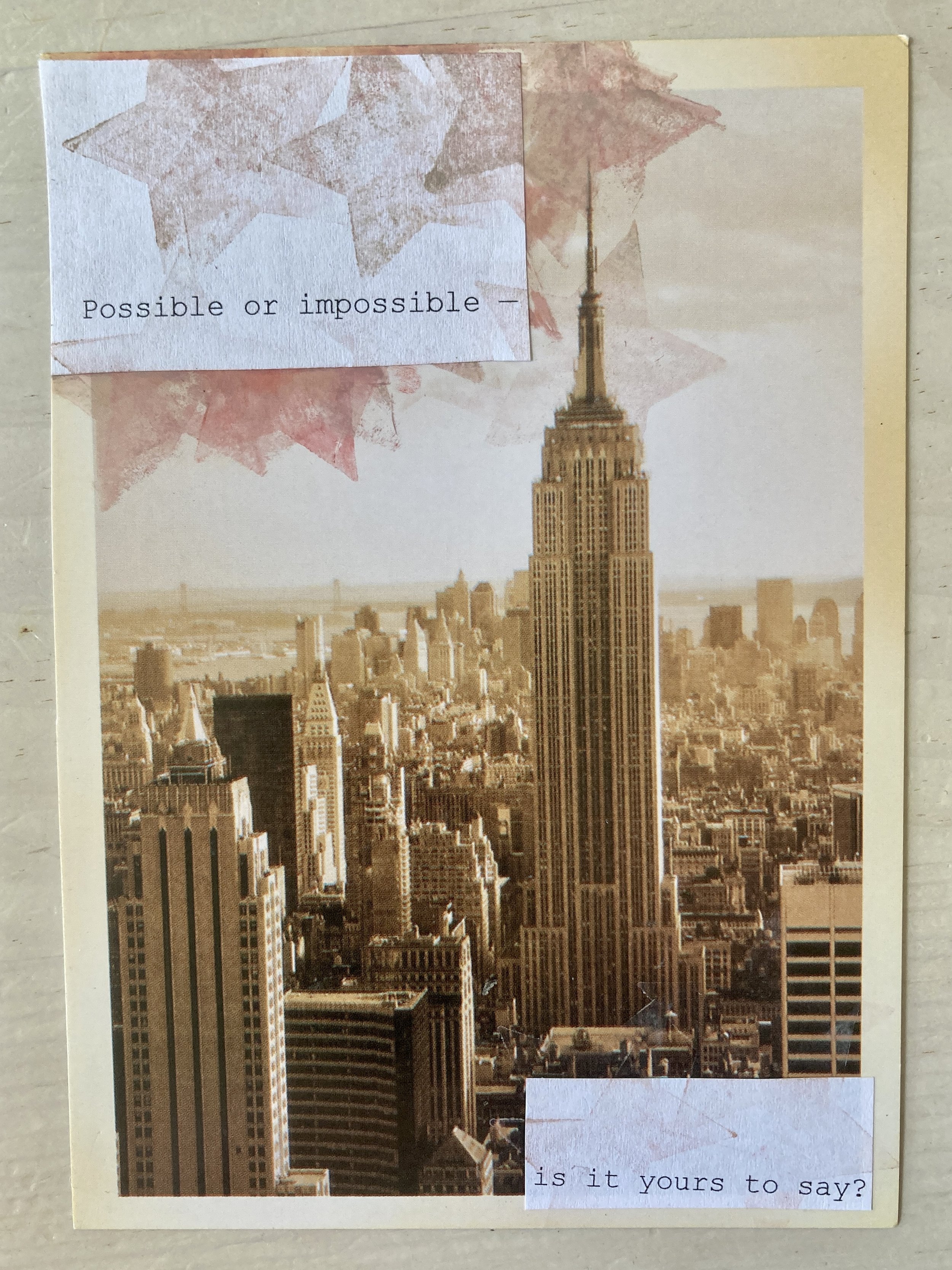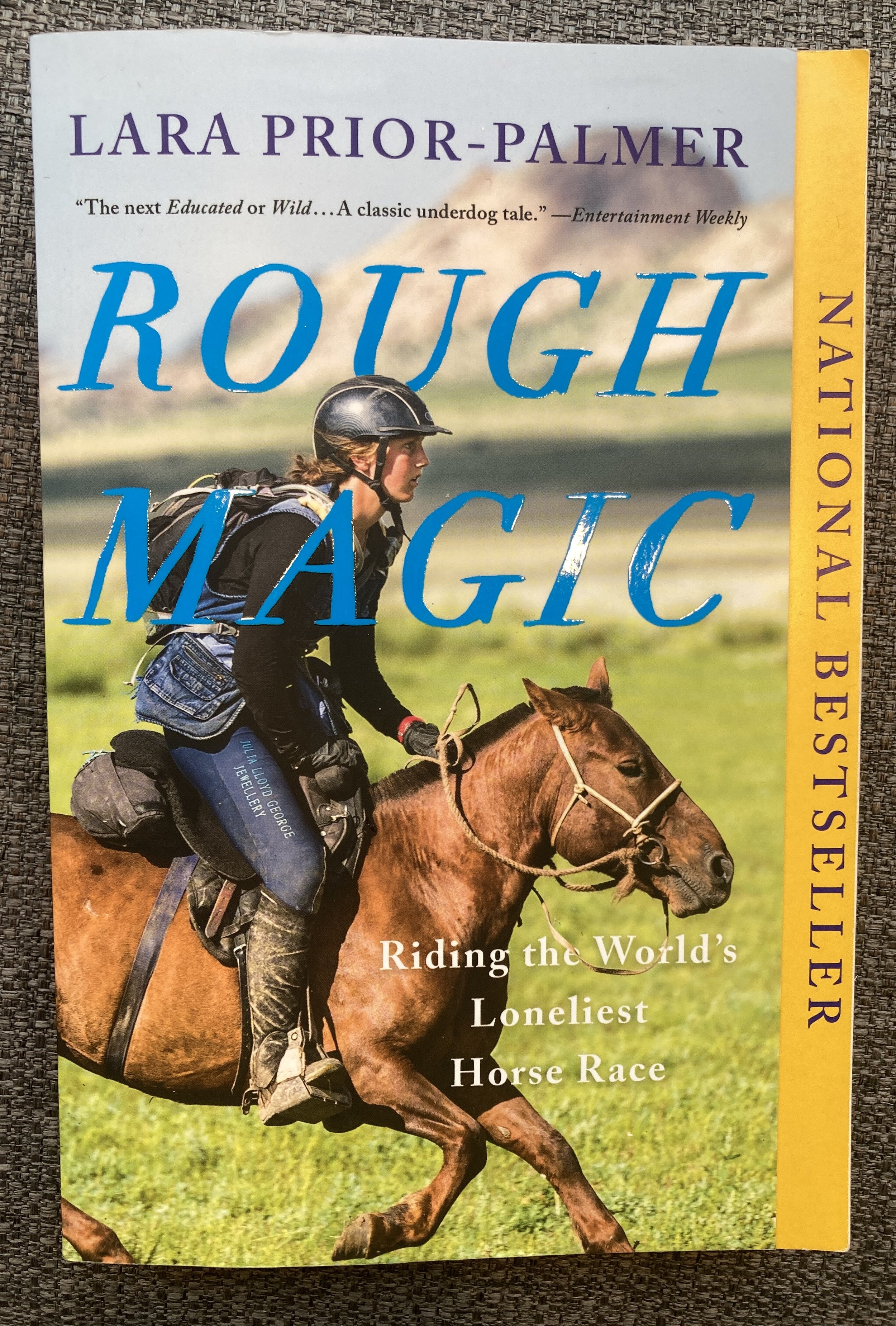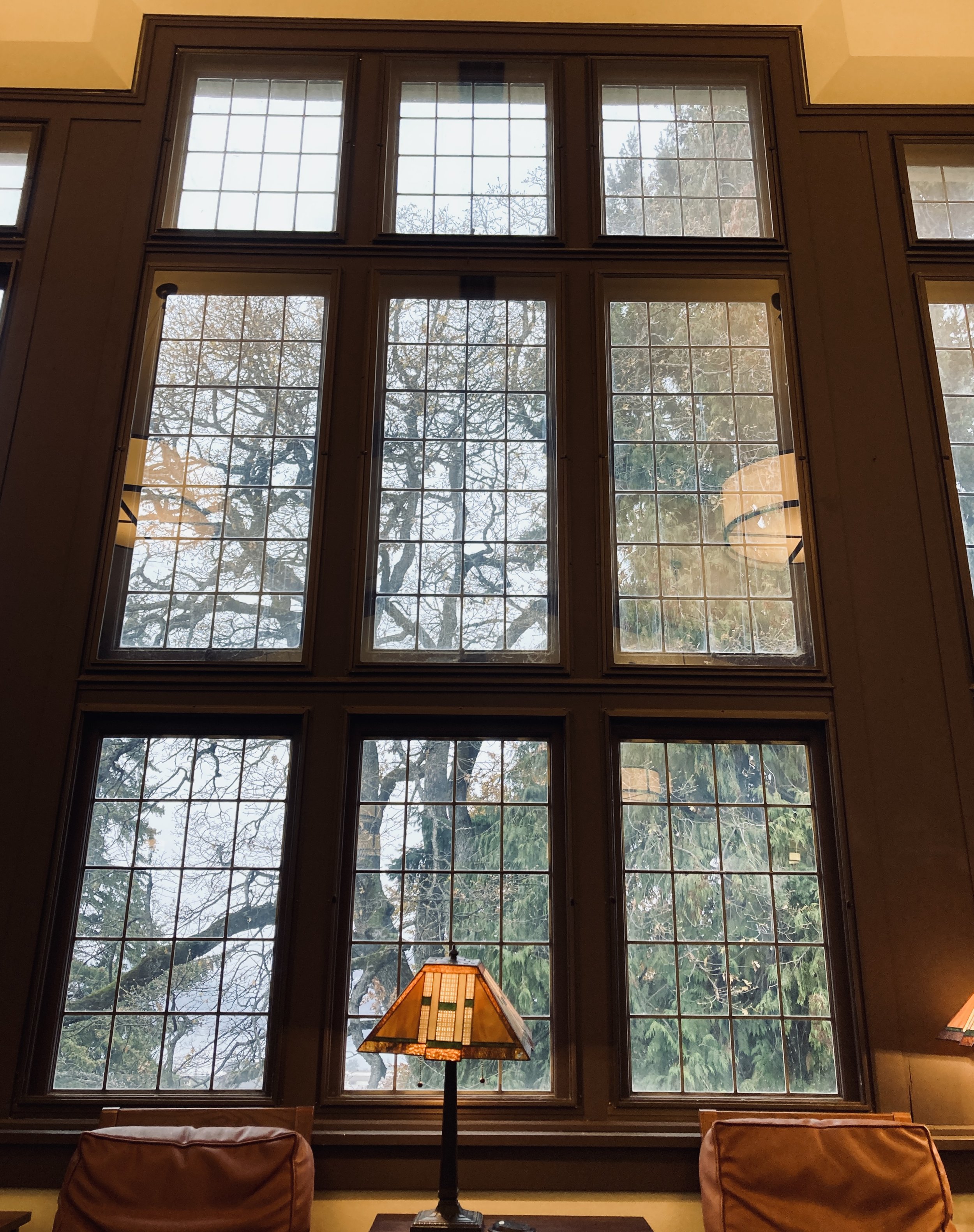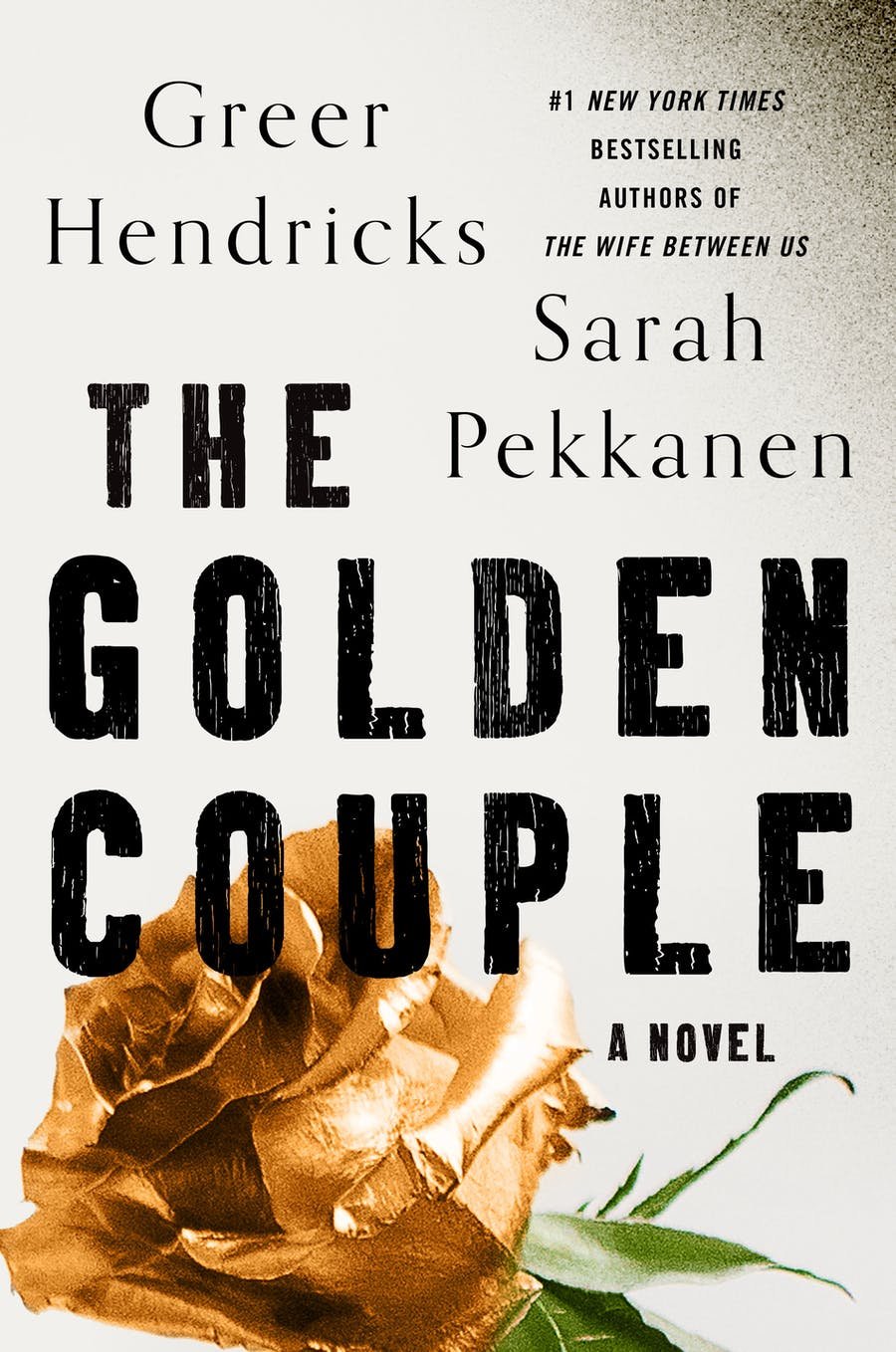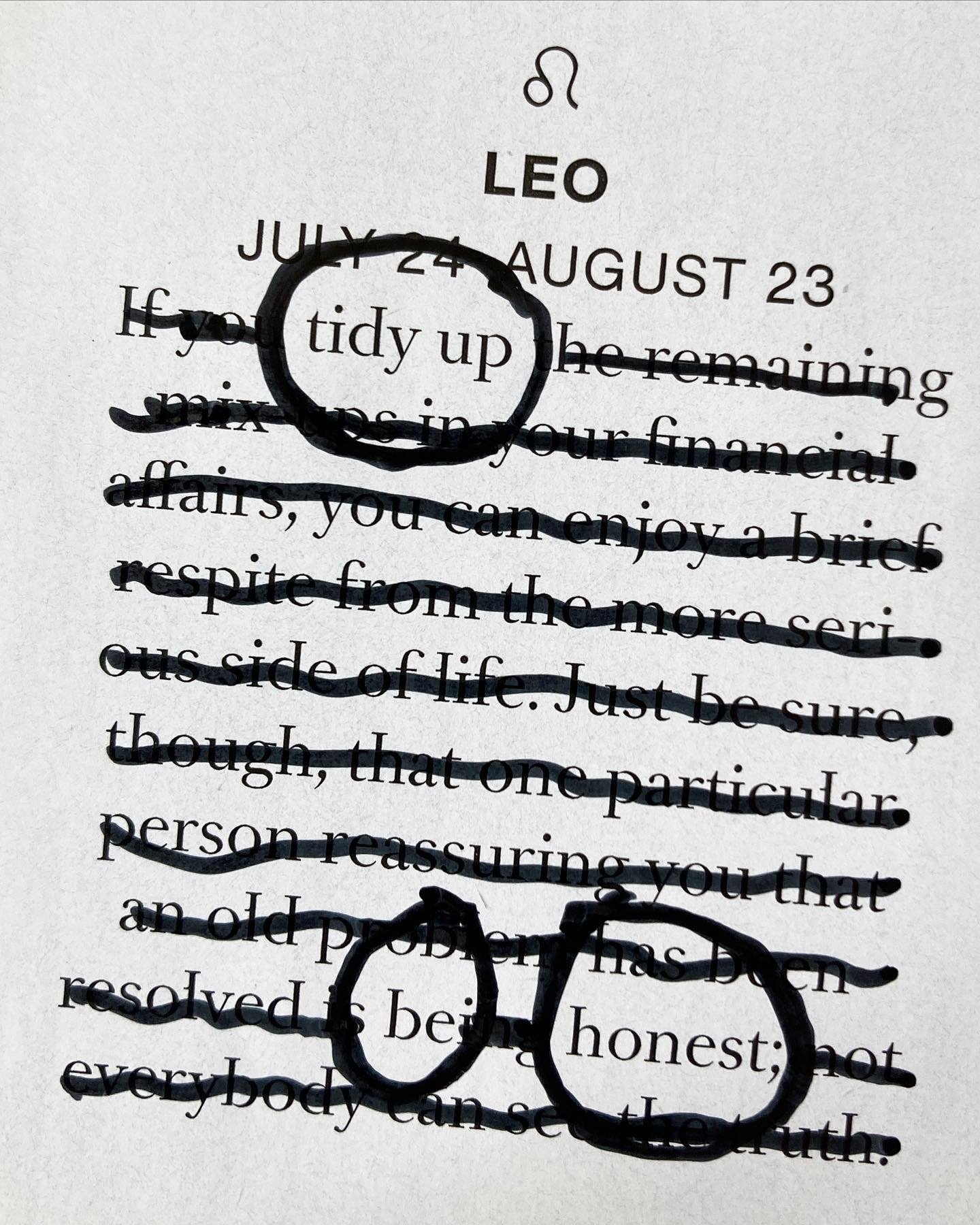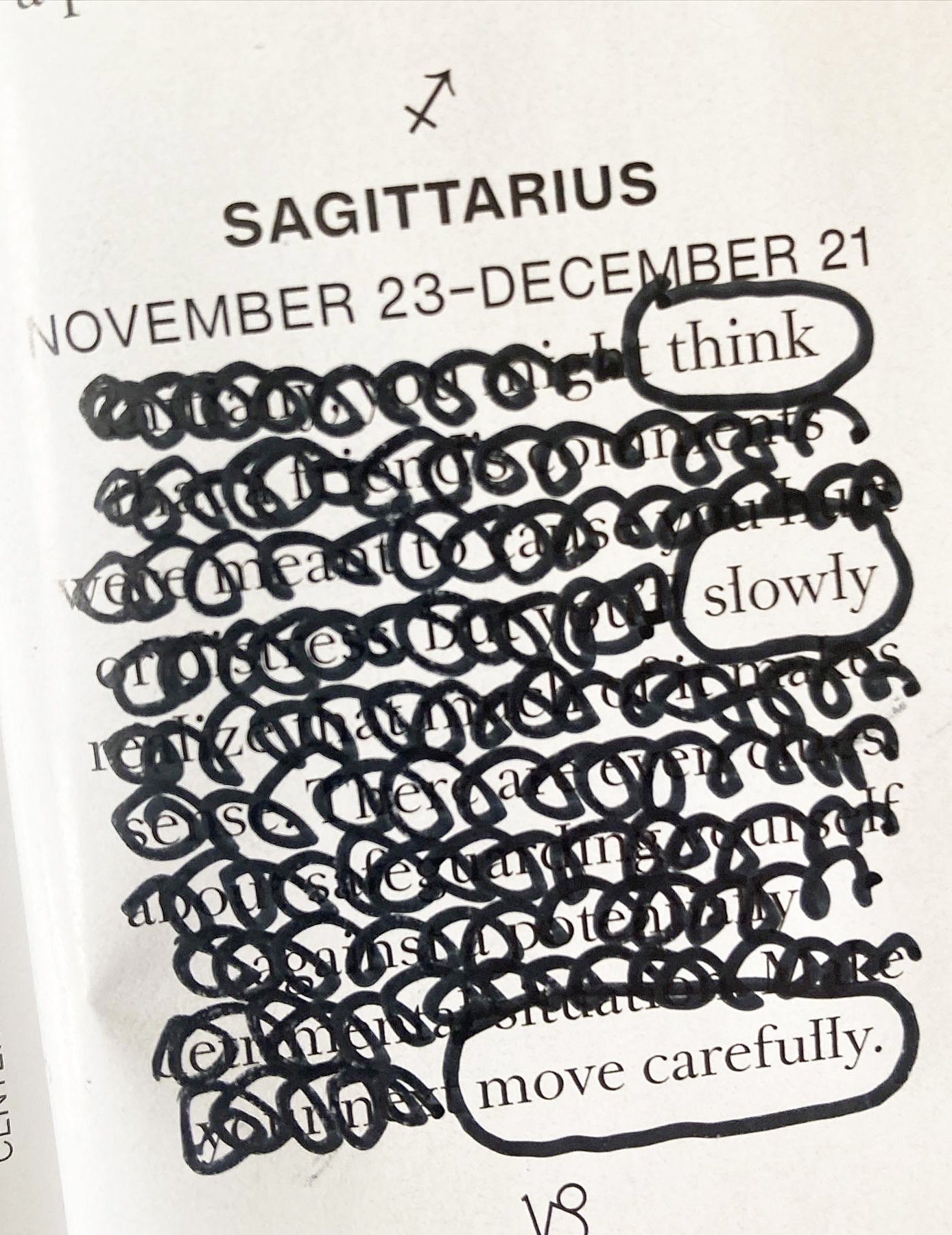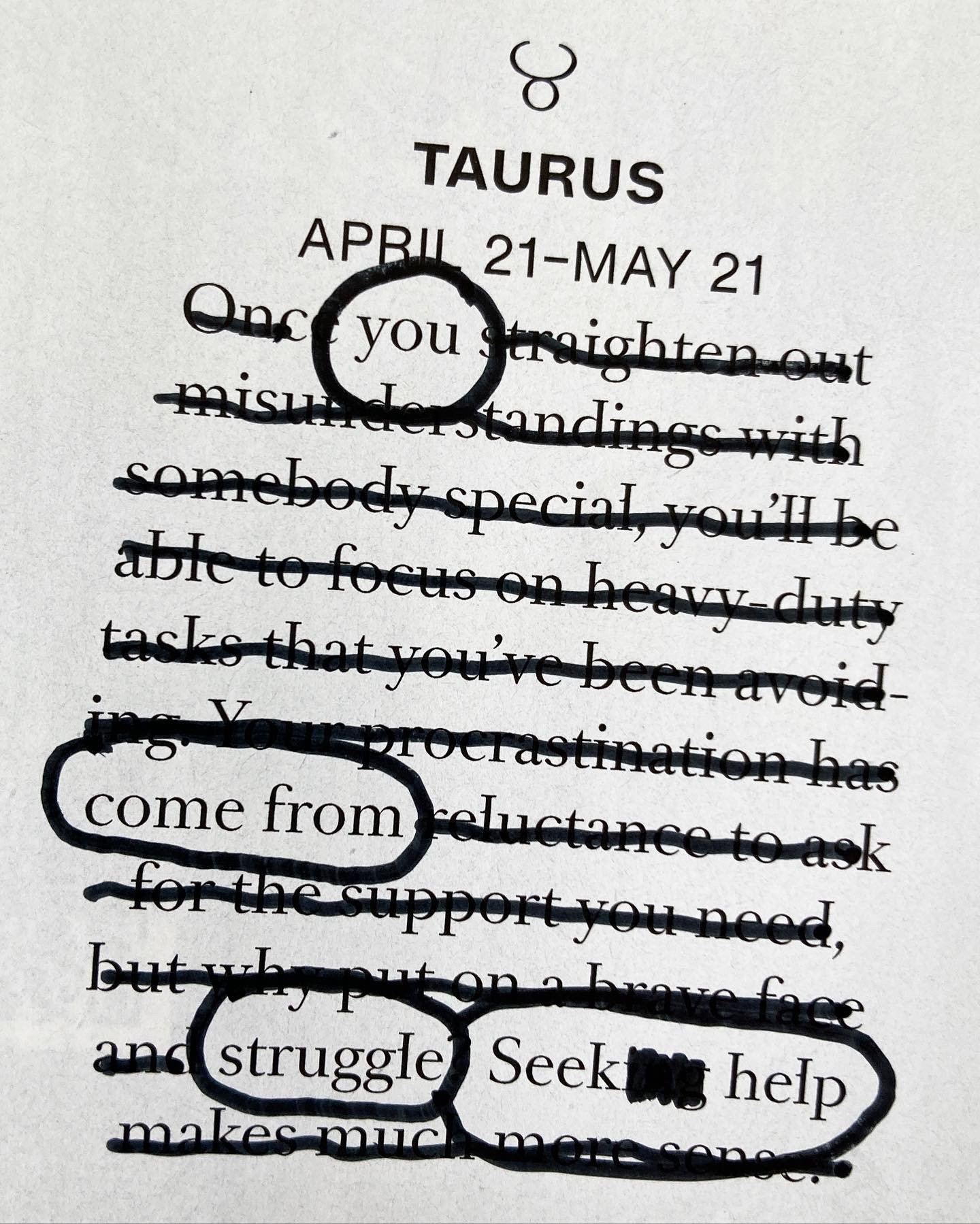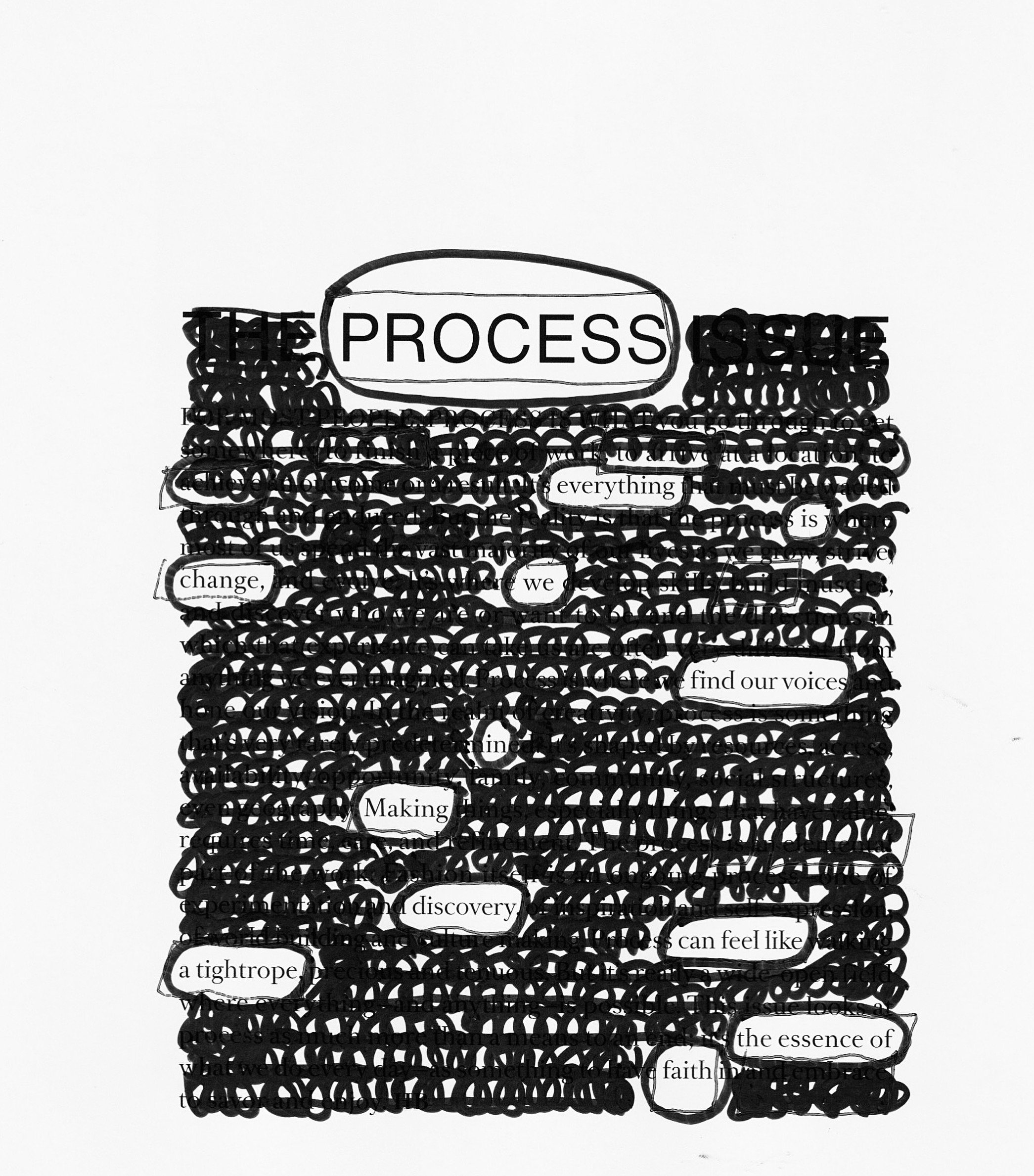1.
Sometimes someone will trust me with their story.
As a reporter-writer, the exchange has always been a careful balance. I trust that you are forthright and honest. You trust that I will get it right.
Now, more than ever, the trust feels shaky. We are dubious and doubting. We are not seen, accepted, or understood. In this increasing mood of distrust, I accept every telling as tender faith that I will hear, hold, and understand.
2.
The sharing, both professional and personal, feels more vulnerable now.
Three years of keeping distance has turned me deeper inside myself. I've forgotten how to play with others.
The last few years have been difficult in myriad ways. The pandemic has walloped our physical, emotional, and mental worlds, and I'm not sure we've fully acknowledged its impact. I'm encouraged that we now have more and better tools to handle the sickness —vaccines, medicines, experience — but I'm still not confident enough to return to life as it was lived before. And even sharing this sentiment is fraught with the potential for division and misunderstanding.
3.
I'm reading and writing with kids again, small groups of youngsters in an afterschool program.
Like children across the country, the students are struggling. For many, Zoom was their first and only classroom. Catching up to learn the foundations that will serve them for life is a tremendous challenge.
How to help? Read with a child!
The most basic act is still the most useful.
“There's really solid research saying that if kids know there's an adult that cares about them as a person, they will feel connected,” notes Robert Balfanz, a researcher at Johns Hopkins School of Education. “And if we give them good instruction and good learning opportunities, many of them will be able to accelerate their learning. And then, for those that had the biggest losses, we know that there's really nothing better than high dosage tutoring.”
My small group of readers and writers begin each session talking about our favorite words. Then we write a bit about ourselves, starting with I am . . . and I am not . . . One girl always eagerly shares her work (there's always one, bless her) and soon the others clamor to take part, too. We laugh and joke, read and write.
But the other day, Anna hunched over her journal and shook her head. Time moved quickly and we were soon done. The kids left their journals and skittered off. I opened Anna's book, and her small cramped writing broke my heart:
I am 10 years old.
I am not happy.
I am very tired.
I love my dog.
I miss my bed.
And all night and into today I keep thinking of her.
So, that's a heavy story. But also a light one. Because there are words on her page, I think there is hope.
4.
The light is frail this morning, the temperature cold.
The winter sun strains to hold steady in the sky.
February carries a certain trust — that winter will end, that trees will bloom, that everything has its time and place.
It's Thankful Thursday. Joy expands and contracts in direct relation to our sense of gratitude. What are you thankful for today? A person, a place, a thing? A story, a song, a poem? What makes your world, your heart, expand?
Note: Names have been changed to protect privacy.
If you like this blog, please subscribe here for delivery directly to your email. And please share on your social network of choice or forward to a friend.
The world turns on words, please read & write.







